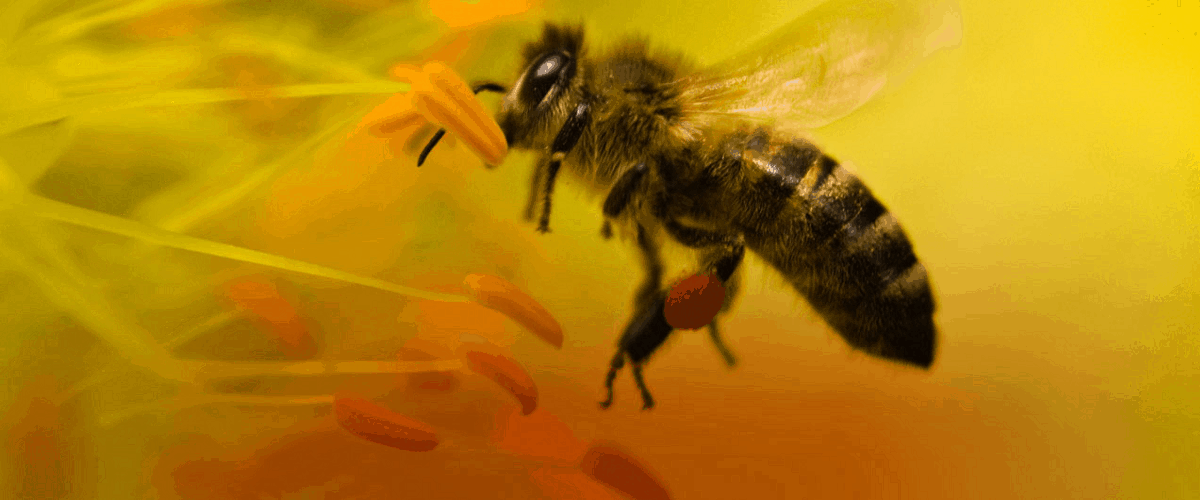For quite a few years now, we’ve been hearing about the bees. “the bees are dying” and how it’s a really bad thing. But seldom do we hear why. Let’s get the facts straight.
Are the Bees Actually Dying?
Short answer: yes. Over the last several years, there has been an estimated 30 percent total colony loss by beekeepers annually. Wild bee populations are estimated to be in decline as well at a less severe rate.
Why are the Bees Dying?
This was a mystery for a number of years. But researchers have pointed toward two major reasons for the declining bee population. The first is the gradual degradation of natural landscapes. You know, deforestation. Man-made developments cause the destruction of plant life that many wild and domesticated bees use to survive.
The other is more powerful and more intentional. Farmers have a symbiotic relationship with bees. 90 percent of the world’s food is produced on farms that are 71 percent pollinated by bees. This ranges from almonds to strawberries. You’d think this would mean that they want bees. Instead, many of them have been using Neonicotinoids, a particular type of insecticide that damages bees.
Neonics are used on the plant seeds, which soaks into the plant and into the pollen. This prevents insects from eating the plants, sure. But it also kills the bees trying to pollinate with these plants. The dangers of this chemical are well documented.
While some branches of government are pushing to ban these types of insecticides, lobbyists for major agrichemical organizations like Bayer are pushing to stop these bans.
What Does This Mean for Preppers?
It means a great deal more than people realize. From a societal standpoint, fewer bees means struggling farms which means less food, which means more expensive costs for food and for a huge hit to the economy.
On an off-the-grid standpoint, this could mean it’ll be harder for you to grow your own food. Without bees, your crops won’t grow effectively.
What Can You Do?
It depends on how you want to do it. If you want a more political change, you can write to senators, donate to bee preservation campaigns, and invest in products made by local beekeepers. It could even be as small as planting bee-friendly flowers in the spring.
On a more active, hand-on side, you could either learn to pollinate plants by hand or take up bee-keeping. Keeping your own bees will help promote the growth of bee populations, provide a source of honey, and guarantee someone to pollinate your crops. You could even sell the honey and honeycombs in local markets for some added cash. Or save the honey for medical uses.

